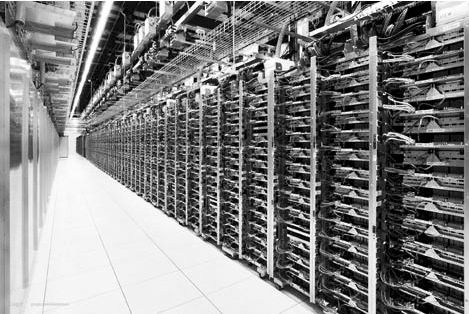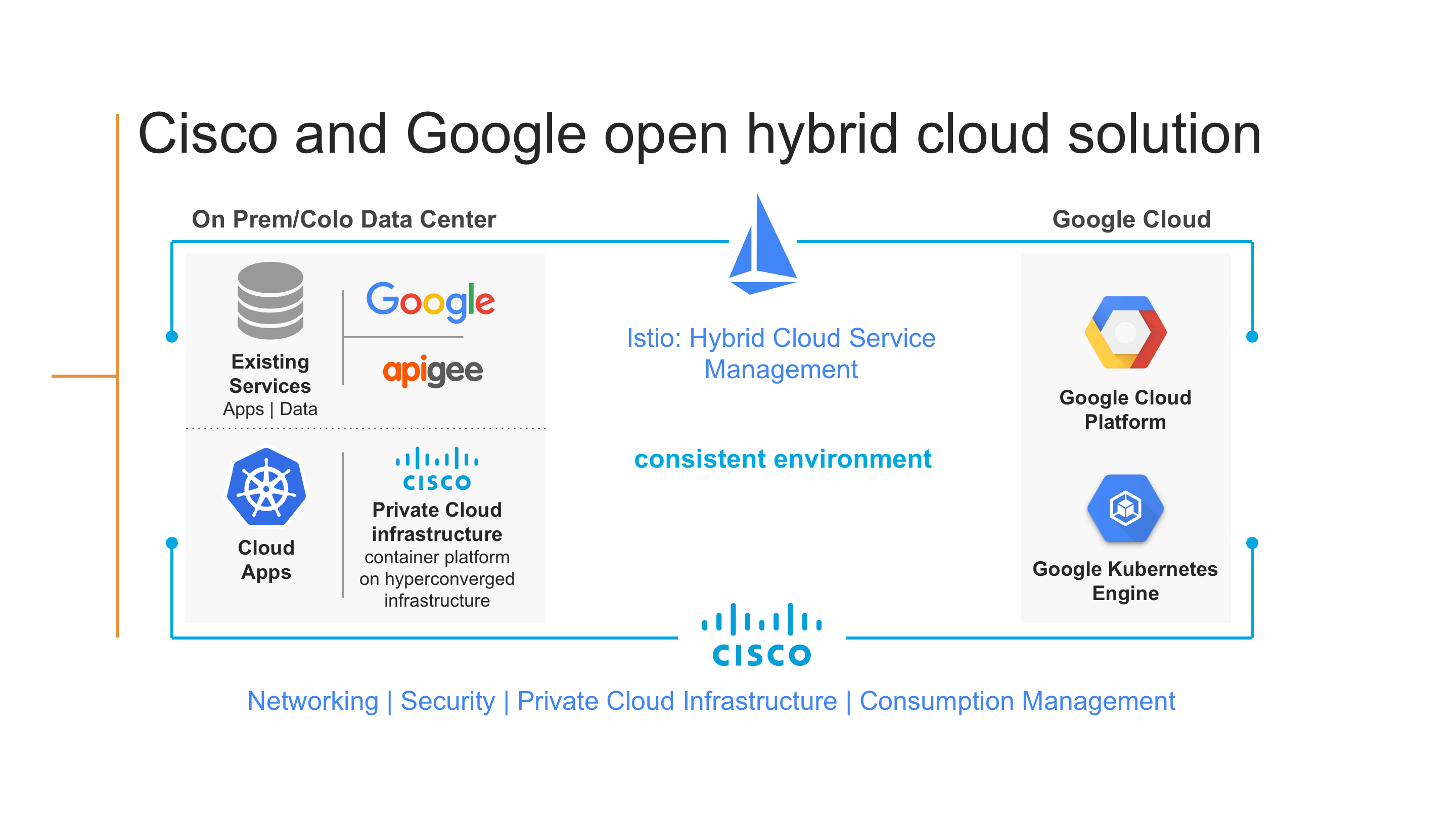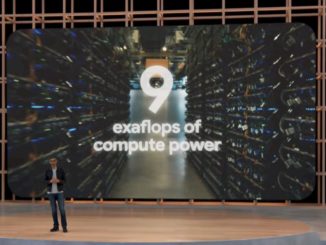
Hybrid clouds may be the direction many enterprises are heading in, but it is a path fraught with challenges.
Organizations may want to run some workloads in public clouds like Amazon Web Services (AWS), Microsoft Azure, Google Cloud or IBM while keeping others in house on public clouds for such reasons ranging from security and privacy to protecting datacenter investments and regulatory compliance. The complexity and difficulty come in being able to easily and securely move workloads between the two environments and managing both in a streamlined way.
However, that is the direction many enterprises are going. IDC analysts found in a survey earlier this year that almost 80 percent of large organizations – those with 1,000 or more employees – say they already have a hybrid cloud strategy in place, while 51.4 percent are using both public and private cloud infrastructures. Another 29.2 percent expect do that within the next year.
Executives from such vendors as Dell and Intel have said over the past few years that the future of computing lays in hybrid clouds, and many of those vendors as well as the public cloud companies are advancing strategies for helping enterprises more easily adopt hybrid clouds. For example, Microsoft a year ago announced its Azure Stack private cloud solution. Giant networking vendor Cisco Systems and Google Cloud – the third largest public cloud behind AWS and Azure – are doing this by pooling their resources to develop an open hybrid cloud solution that officials from both companies say will ease the deployment, monitoring and management of applications and services for Cisco customers across on-premises and Google Cloud.
The two companies announced plans to develop a hybrid cloud solution that will help organizations continue to leverage the millions of dollars in investments they’ve made over the years in their own datacenters while giving them an avenue into the public cloud that they can take at their own pace. It also will give them the flexibility to decide which workloads to run on the public cloud and which to leave behind the firewall, and to move those workloads between the two as necessary.
“This partnership to enhance existing on-premises infrastructure and extend it to the cloud addresses tough operational problems that enterprises have traditionally struggled to solve,” Nan Boden, head of global technology partners for Google Cloud, wrote in a post on the company blog. “It also takes advantage of Cisco’s best-of-breed capabilities, including the ability to extend Cisco’s network and security policies and configurations and monitor application behavior across hybrid cloud environments.”
It also will help boost the profile of both Google Cloud and Cisco in the fast-growing cloud market. Google Cloud gets to leverage Cisco’s broad enterprise-class product portfolio – including its private cloud suite of offerings – and its customer base of large enterprises to help its hybrid cloud efforts that have included partnerships with other vendors, such as VMware. All of this could help it gain traction against its larger cloud rivals. The access to enterprise customers is important to Google Cloud officials, who this year have worked to grow beyond its reputation as a consumer-oriented company and position Google Cloud as an enterprise platform.
For its part, Cisco gets another shot at the public and hybrid cloud after essentially shutting down its multi-year billion-dollar InterCloud effort late last year. Cisco has continued its efforts in cloud management, but with Google Cloud as a partner, the vendor is able extend its reach deeper into the public cloud.
“We wanted to enable applications to take advantage of the best of the cloud, and seamlessly integrate with existing IT assets on-premises,” Kit Compton, vice president of cloud platform and solutions for Cisco, said in a post on the company blog. “We wanted to ultimately offer a consistent environment on-premises and in the cloud so developers could develop wherever they want, and deploy wherever they want. We wanted to do it in a modern way that would enable continuous rapid innovation.”
The hybrid cloud solution will include products from both companies and leverage such open-source technologies as Kubernetes for container orchestration and Istio, an open platform developed by Google and partners to manage and secure microservices. Cisco products in play include the HyperFlex hyperconverged datacenter solution to provide a cloud-ready platform for Kubernetes and containers and the Cisco Private Cloud Infrastructure. Among the technologies Google is providing is the Google Container Engine, the company’s managed Kubernetes service, and a cloud service broker to link on-premises workloads and Google Cloud services for machine learning, scalable databases and data warehousing:
Google’s Apigee API management platform will extend the reach of a customer’s on-premises system into the cloud by giving developers fast and secure access to these systems.
“At the heart of this architecture are open source platforms, Kubernetes and Istio,” Google’s Boden wrote. “Customers will be able to accelerate on-premises app modernization using a Kubernetes-based container strategy that’s consistent with cloud-native technology. On-premises, Cisco’s hyperconverged platform . . . will provide a cloud-ready solution for Kubernetes and containers, and management tools to enforce security and consumption policies.”
The companies will offer the joint solution to a limited number of customers during the first part of 2018 with generally availability coming later in the year. The hybrid cloud offering will include hardware, software and cloud services components that can be bought together or separately and tailored to a business’ particular needs. Software components from Cisco will be licensed on an annual subscription basis that include one-, three- and five-year terms and the infrastructure sold on a perpetual basis. Cicso Capital also will include flexibility financing options.
The Google Cloud services will be available through Google or resellers with several pay-as-you-go models, Boden wrote.






Be the first to comment